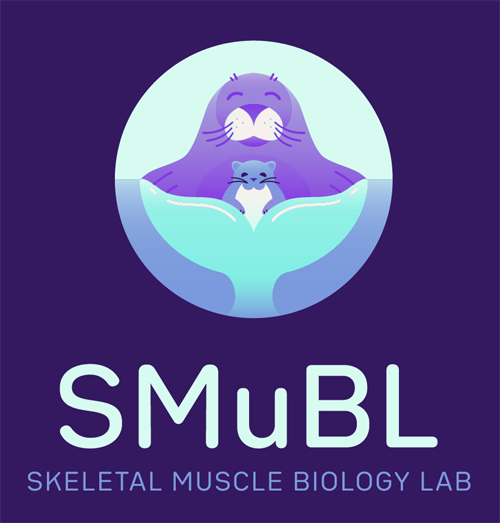
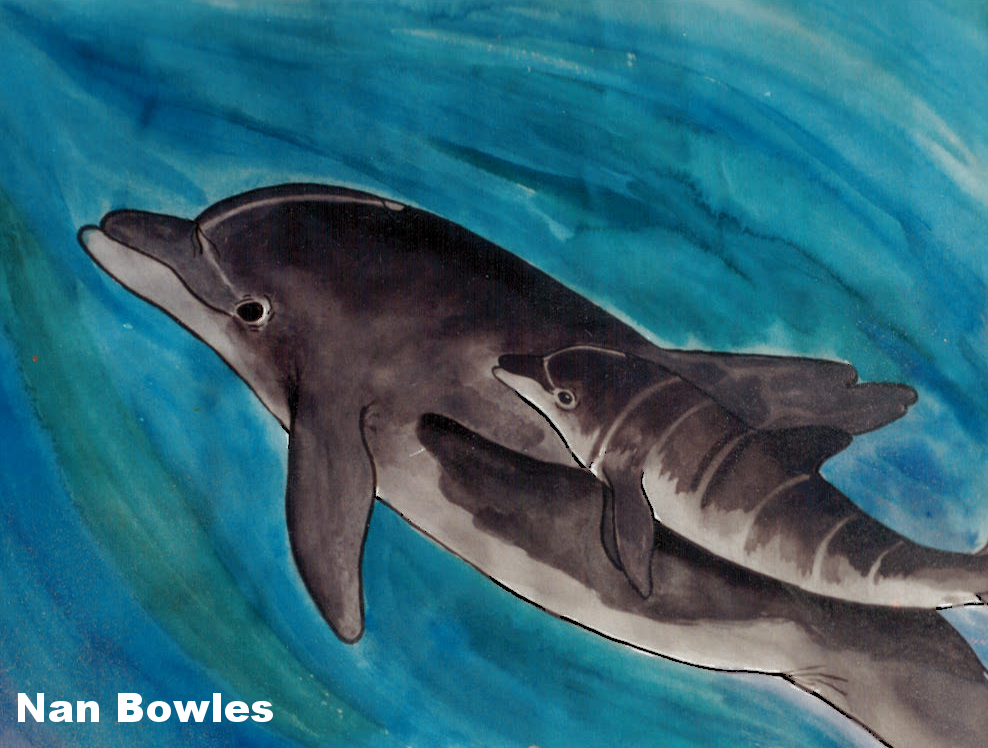
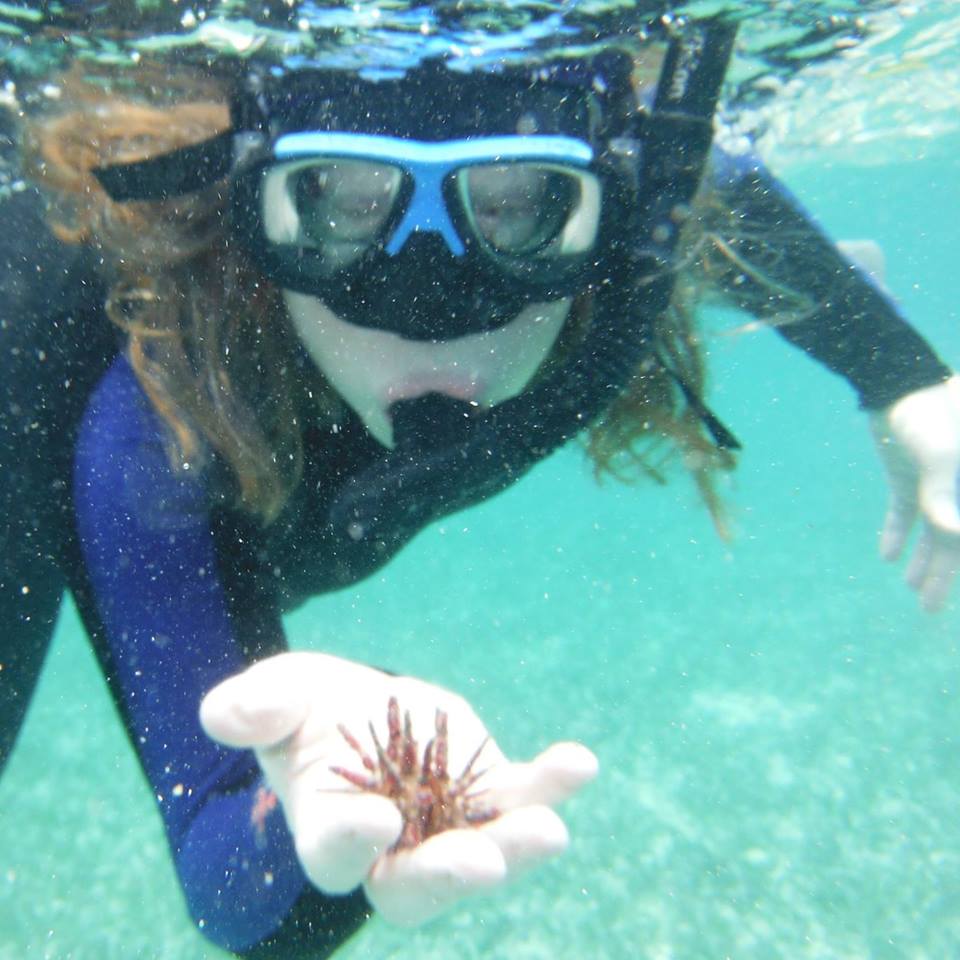
Pronouns: she, her, hers
Biology Department
DW Reynolds 230
501-450-4530
dearolf@hendrix.edu
 copy.jpeg)
Last modified
7-30-19
little j
I have a longstanding interest in vertebrate biology, specifically how mammals, both neonates and adults, interact with their environment. One of the main ways that animals engage their surroundings is through movement. Movement, in turn, is accomplished through the interaction of muscles with an animal's skeletal system, and thus, I have chosen to study muscle biology. Currently, we are determining the fiber-type profiles of the locomotor muscles of three species of Arctic seals: bearded, ringed, and spotted. With this information, we hope to understand how the feeding of these animals will be impacted by global climate change, as all three species rely on sea ice as a platform for their dives. We are also studying the construction of the diaphragm and scalenus muscles in cetaceans (whales, dolphins, and porpoises) to determine how these muscles power the explosive breathing of these animals and also allow them to breath-hold dive. The other studies in the lab are investigations of guinea pig breathing muscle development and the effects of prenatal steroids on this process. Characteristics that we are investigating include: fiber-type profiles (percent slow- and fast-twitch fibers), fiber diameters, oxidative enzyme activities, myoglobin concentrations, and myosin heavy and light chain protein expression.
Current Events
- Southeast and Mid-Atlantic Marine Mammal Symposium (SEAMAMMS)
- Washington, D.C.
- March 29-31, 2019
- Lindsey Barrett - to learn more about her research, click here.
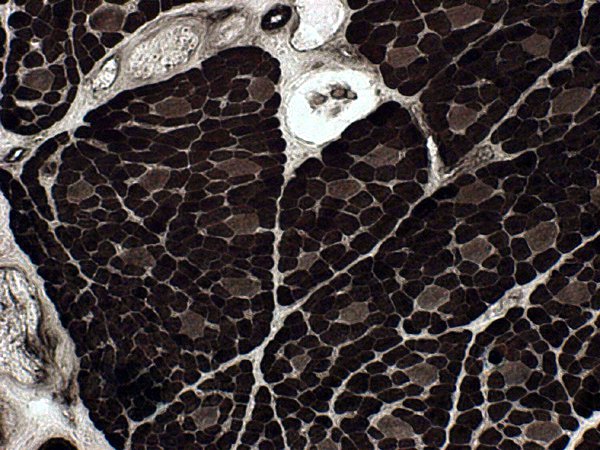
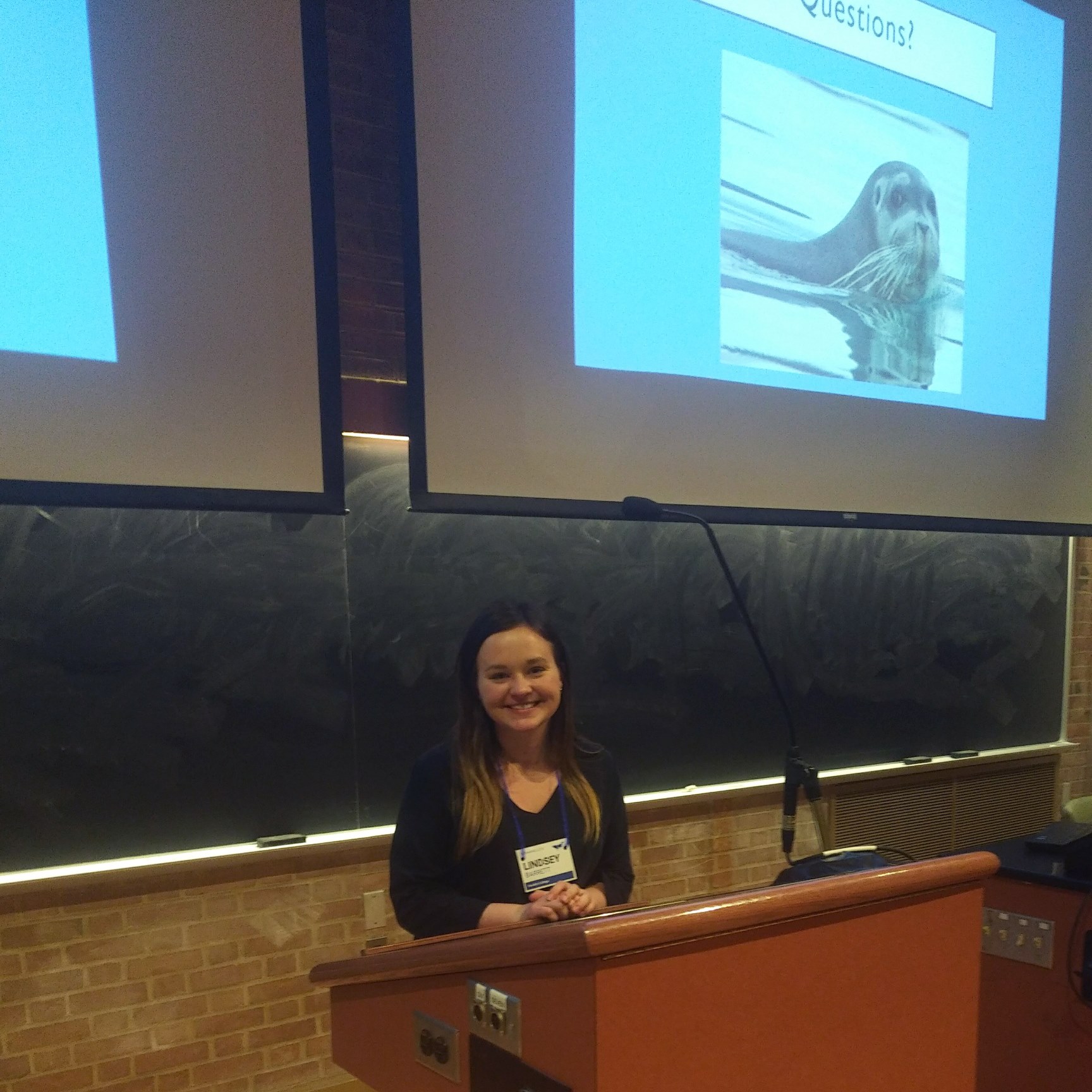

Dolphin to be in perpetual motion,
and for the Dolphin, motion ends
with the end of life
Aelian